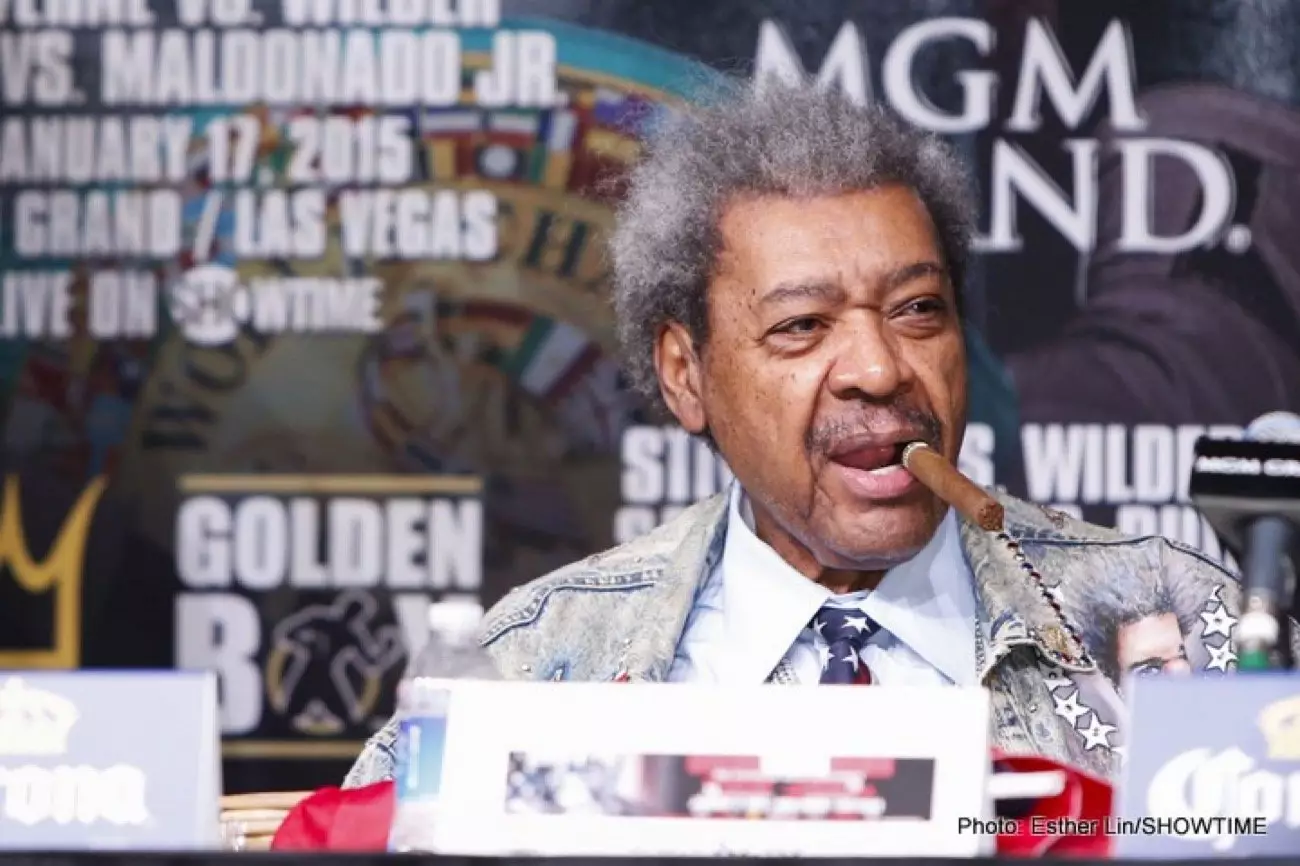In an era when the integrity of sports is constantly under scrutiny, the World Boxing Association (WBA) has succeeded in subverting expectations, producing a scenario that reflects poorly not just on boxing, but the credibility of sports championships as a whole. The announcement of a match between Kubrat Pulev and Michael Hunter for the WBA “Regular” Heavyweight Title serves as a stark reminder of how far the sport has strayed from its glory days. This championship, widely regarded as the most trivial belt in all of combat sports, stands as a blatant critique of how organizations can dilute the meaning of a title in the relentless pursuit of revenue.
One can’t help but wonder what it means to hold such a belt. It resembles a badge of participation rather than a mark of excellence. If you’ve ever played a competitive sport, you might be familiar with the concept of participation ribbons—those tokens that signify little more than showing up. This “Regular” title is reminiscent of that ethos; it signals mediocrity instead of mastery. It begs the question: when did we accept such degrading standards for championship titles in boxing?
A Lasting Legacy of Mediocrity
Kubrat Pulev, who has been bouncing around the heavyweight scene for nearly a decade now, isn’t exactly celebrated for his agility or tactical prowess at the age of 44. After a significant loss to Wladimir Klitschko which sent him reeling into backward momentum, Pulev has become akin to a relic—a player more notable for his age and marketing than his modern-day boxing relevance. The continual promotion of his fights, now coupled with the sham of a “championship” title, feels less like an effort to elevate the sport and more like an orchestrated act of desperation to keep a failing star relevant.
Then there’s Michael Hunter, whose name barely registers in the average boxing fan’s consciousness. While his career has been relatively stable, characterized by bouts that have garnered little fanfare, the notion of him headlining a fight is itself a form of fantasy. He’s found a modicum of success—primarily with a WBA “Gold” title that feels more like a consolation prize than a legitimate achievement. Why should we treat this match as anything but a superficial showcasing of fighters in dire need of a narrative?
Don King: The Last of a Dying Breed
And when we consider the match promoters, we find ourselves at the feet of Don King, a figure that seems to have emerged from a time capsule stuck somewhere between the vibrant 1990s and the sloppy nostalgia of modern mediocrity. King’s history is as colorful as the legends he helped shape, but he is now viewed as a curiosity—a relic of an old-school boxing promotional style that appears quaint against the backdrop of today’s streaming giants and social media influencers.
King’s decision to invest $1.1 million in the purse bid for this irrelevant title match speaks volumes about not just his approach, but also the state of boxing promotion generally. His methods—faxes, archaic websites, and a business strategy that seems lifted from a bygone era—contrasts sharply with the slick, digital-first tactics that dominate current promotional entities. Yet, there’s a certain charm in King’s anachronistic hustle. Despite the chaos, he manages to keep the wheels of boxing turning, albeit for a fight that offers little more than the illusion of significance.
The WBA: Championing the Absurd
Ultimately, the WBA’s continued proliferation of belts diminishes the meaning of what it means to be a champion. With titles multiplied like Pokémon cards, we are left with a skewed sense of what it means to rise to the top. The WBA has made a mockery of one of sport’s most revered traditions. Titles now appear to serve the dual purpose of generating revenue while placating fighters clinging to their glory days.
This narrative is embodied in the matchup of Pulev and Hunter, two fighters who have become symbols of stagnation within the sport. Their title fight is not a collision of titans but a dance of mediocrity—an exercise in creating headlines while ignoring the sport’s decline. Instead of celebrating athletic prowess, we’re left with a Klitschko-esque farce—not a clash of champions, but a retirement party adorned with a gaudy prop that fails to mask the glaring void at its center.
What is left is not competition but an empty pageantry, a derision of the potential that boxing holds. As we stand on the periphery of this charade, it becomes increasingly clear that for the WBA, it’s not about champions and legacy; it’s about simply keeping the lights on—no matter how dim that light may be.

